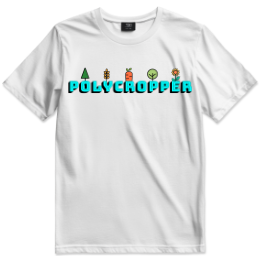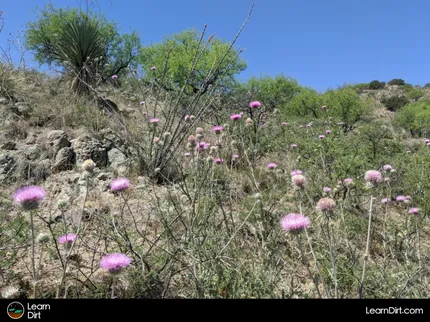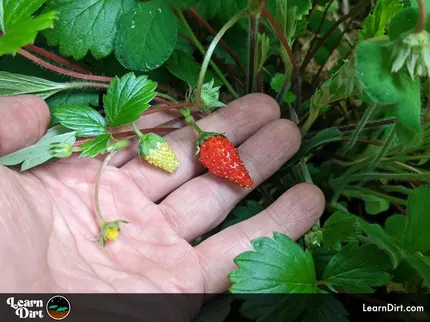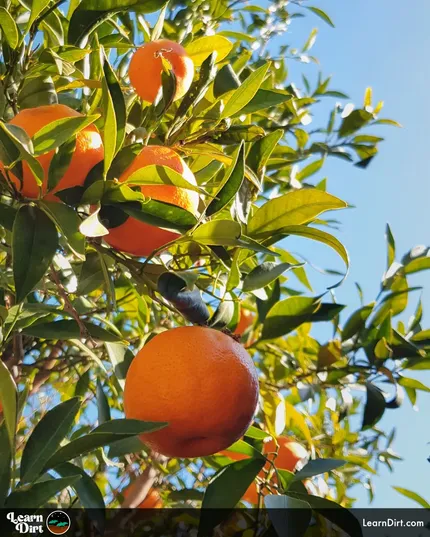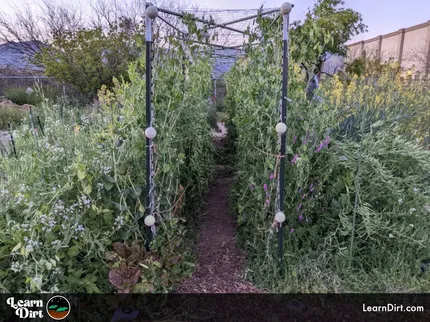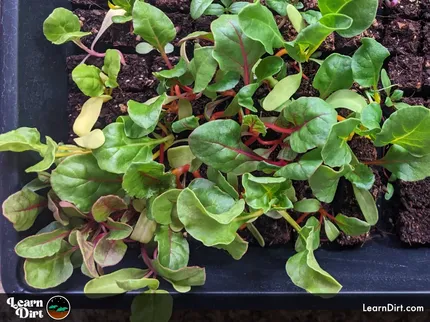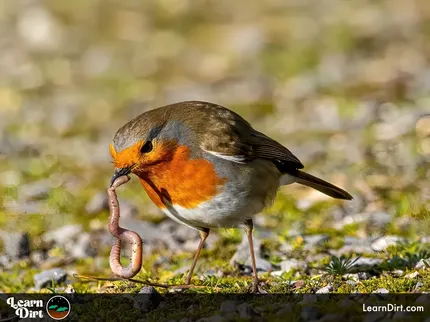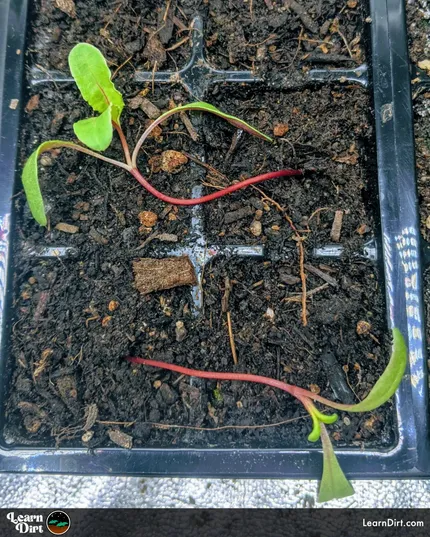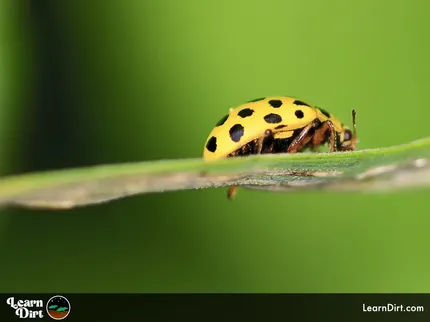Table of Contents
- The Natural Farming Mindset
- Natural Farming Efficacy
- Pillars of Natural Farming
- Natural Farming Resources
* Our articles never contain AI-generated slop *
Natural Farming is the approach to agriculture created by Masanobu Fukuoka.
Also known as "Do-Nothing Farming", his philosophy stresses minimum intervention - favoring the natural wisdom of ecosystems, biodiversity, and nature's own successions.
Natural Farming is a closed loop method. This means no external inputs at all are required.
Disclaimer: This post may contain affiliate links. Refer to the privacy policy for more information.
Rather than importing chemical fertilizers or amendments, it relies on the nutrients already present in the ecosystem, mimicking the way nature cycles nutrients.
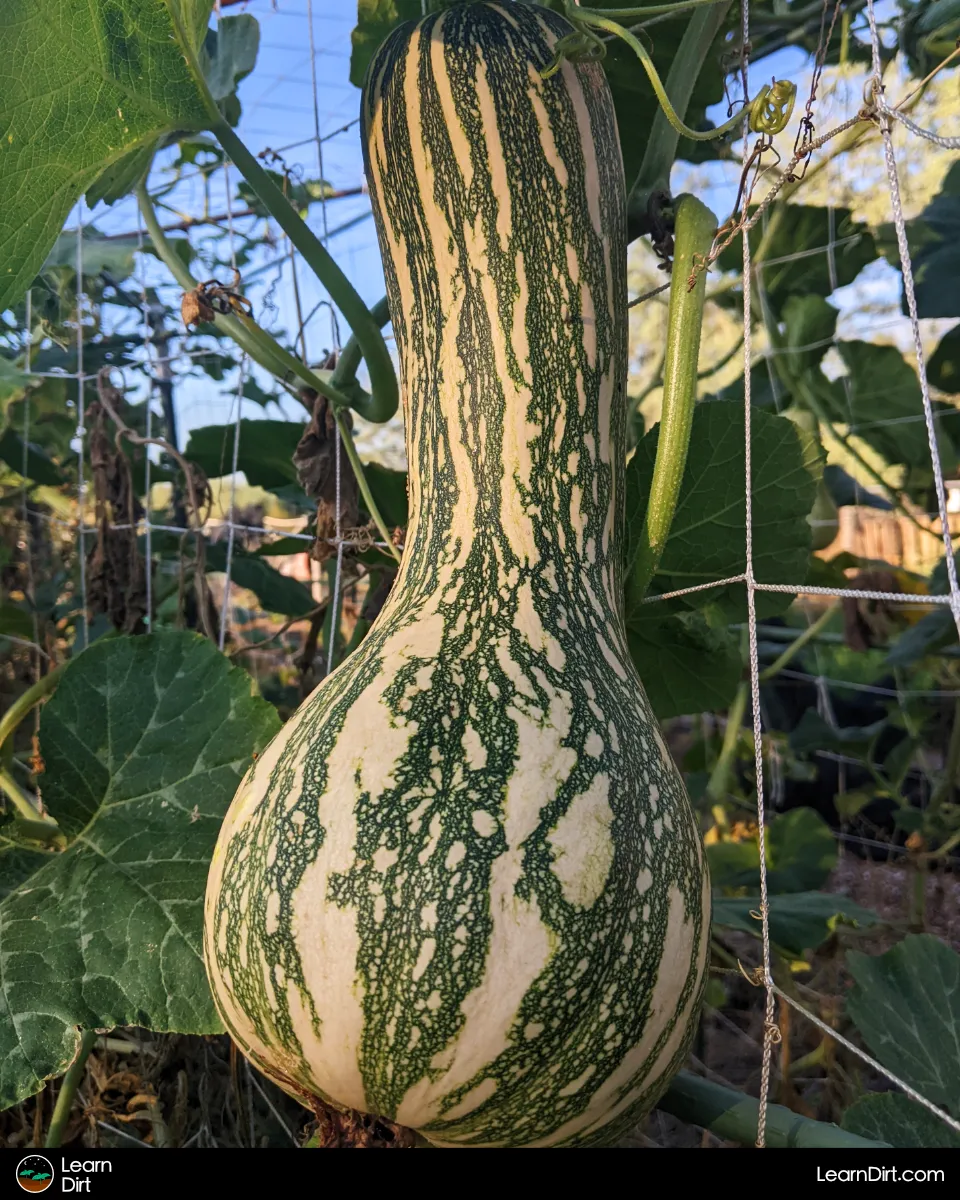
The Natural Farming Mindset
To Fukuoka, farming was as much a spiritual practice as it was about growing food. The way one interacts with the ecosystem is the way one interacts with life. Therefore, conventional farming methods which destroy ecosystems and diversity and seek to domiate them with maximum intervention have no place in Natural Farming.
Instead, working with nature in a holistic way - honoring biodiversity, soil and ecosystem health, not tilling or destroying soils, not polluting groundwater or poisoning animals - is a reflection of a balanced, harmonious, and peaceful life.
Natural Farming Efficacy
Natural Farming has also been proven to achieve similar yields to the highest-producing conventional farms, without the inherent ecosystem destruction, groundwater pollution, and biodiversity reduction seen in conventional farming.
Pillars of Natural Farming
Fukuoka distilled his mindset and approach to working with the land into these five core pillars:
No Tillage
One of the most important mindsect shifts in Natural Gardening is to completely remove all tillage.
Join The Grower's Community
Looking for a place to meet growers,
ask questions, share knowledge, be heard,
and feel like you belong? 🌱
Check It Out!
This is reflected in most modern growing paradigms, from regenerative to permaculture to syntropic food forests. Heavy tillage is a remnant of a bygone era when we knew far less about soil structure and microbiome health.
To learn more about no-till, check out our No-Till Gardening Guide.
No Fertilizer
No Pesticides or Herbicides
No Weeding
This one really throws off a lot of growers.
How could you possibly manage agriculture without weeding?
The core idea is to completely reframe how you think about weeds. Rather than pull anything you didn't plant, consider that there is great value in weeds.
From edible and medicinal uses, to utilizing weeds as mulch & fertilizer, as living ground cover, and even looking towards weeds as indicators - there is far more wisdom in weeds than many know.
No Pruning
Fukuoka's approach involves far less human intervention than most farmers and gardeners are used to. No pruning is another way to reduce human intervention and decrease workload for growers.
He points towards forests and natural ecosystems untainted by humankind - where plant health and production do not require any assistance from us.
If a forest can be highly productive with no pruning, why should our farms and gardens be any different?
Pruning is also a vector for disease, opening wounds and transferring pathogens via pruning tools from plant to plant.
Rather, the Natural Gardening approach removes any need for pruning by allowing plants to grow the way they grow best - naturally.
Natural Farming Resources
If you haven't already, check out some of the following resources if you'd like to learn more about natural farming:
- The One-Straw Revolution - written by Masanobu Fukuoka himself, this is the book where he introduced the term Natural Farming
- Final Straw: Food, Earth, Happiness - this documentary delves deep into the natural gardening philosophy
- Natural Gardening - we've scaled down these concepts and techniques to fit the small home garden
That's all for now, thanks for reading!
If you have any questions, comments, or would like to connect with fellow gardeners, head on over to the forum and post there.

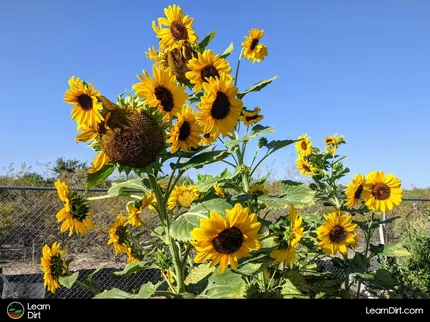
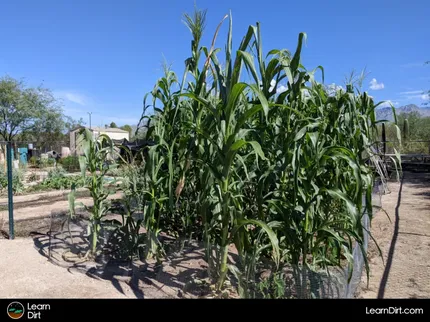
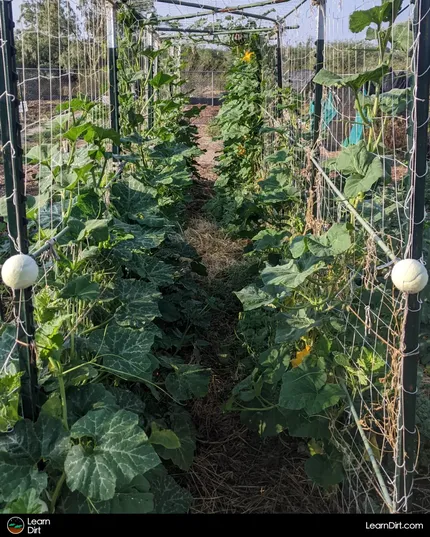
![Black Dirt Live Again [Blue]](/media/product_images/black-dirt-live-again-[blue]_shirt_260x260.png)
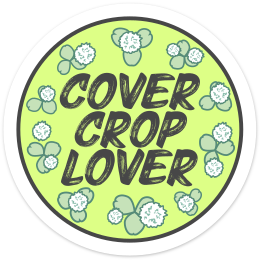
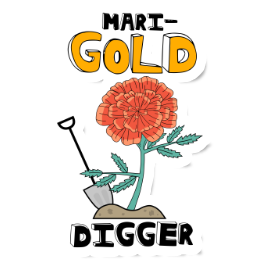
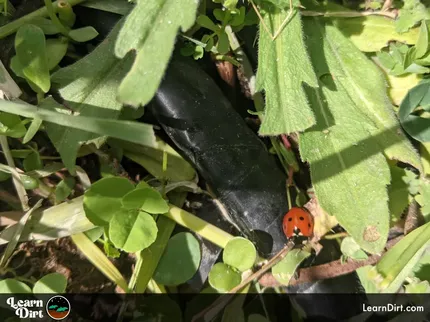
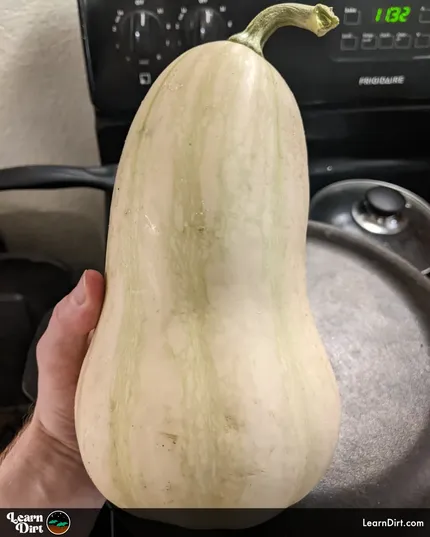
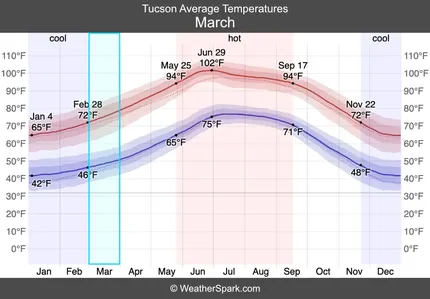
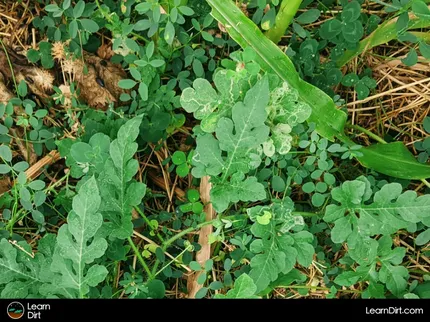
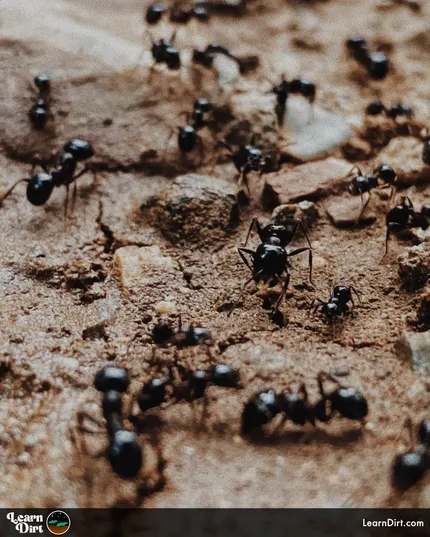
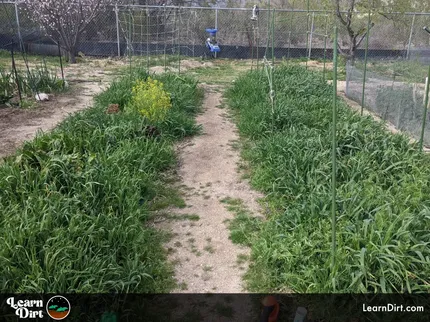
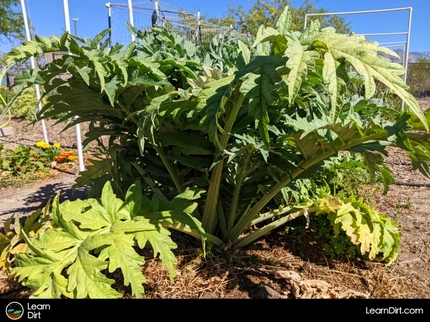
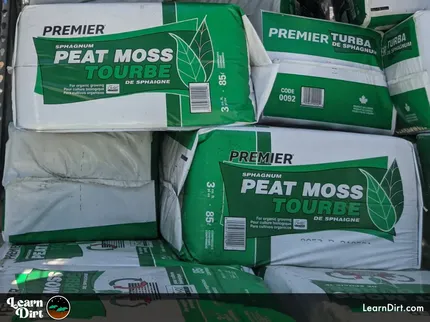
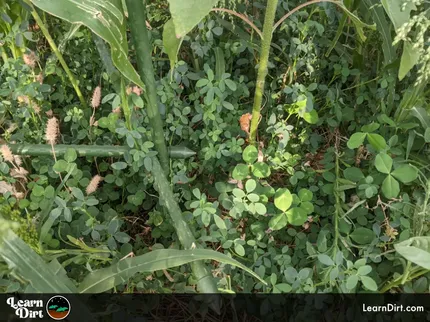
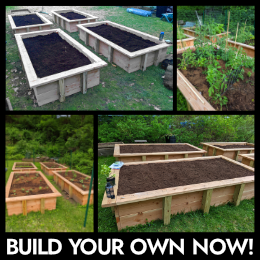
![Don't Till Away Your Carbon [Neon] T-shirt](/media/product_images/dont-till-away-your-carbon-[neon]_shirt_260x260.png)
